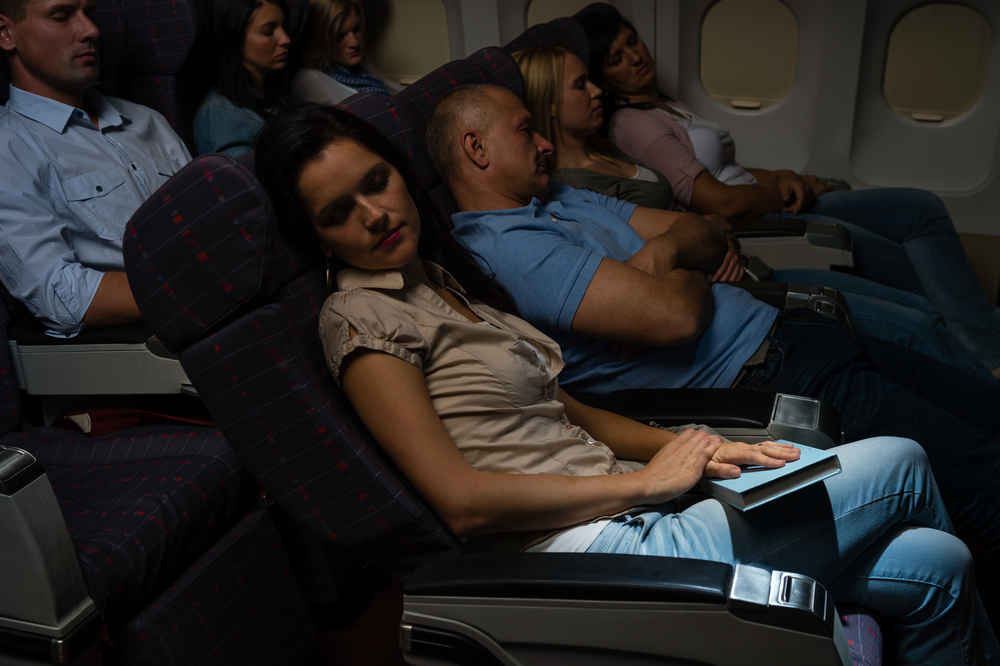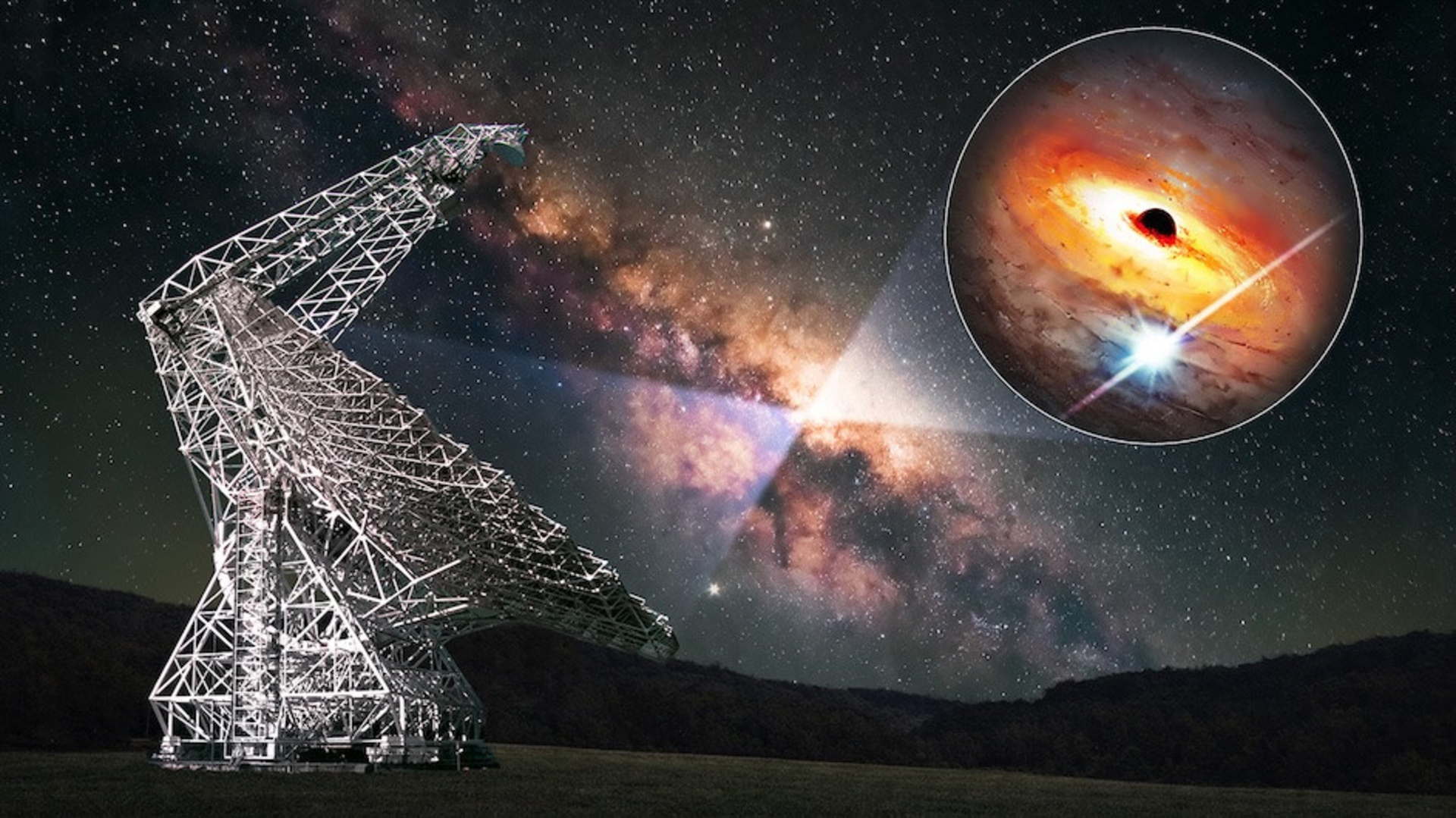What Is Jet Lag?

Get the world’s most fascinating discoveries delivered straight to your inbox.
You are now subscribed
Your newsletter sign-up was successful
Want to add more newsletters?

Delivered Daily
Daily Newsletter
Sign up for the latest discoveries, groundbreaking research and fascinating breakthroughs that impact you and the wider world direct to your inbox.

Once a week
Life's Little Mysteries
Feed your curiosity with an exclusive mystery every week, solved with science and delivered direct to your inbox before it's seen anywhere else.

Once a week
How It Works
Sign up to our free science & technology newsletter for your weekly fix of fascinating articles, quick quizzes, amazing images, and more

Delivered daily
Space.com Newsletter
Breaking space news, the latest updates on rocket launches, skywatching events and more!

Once a month
Watch This Space
Sign up to our monthly entertainment newsletter to keep up with all our coverage of the latest sci-fi and space movies, tv shows, games and books.

Once a week
Night Sky This Week
Discover this week's must-see night sky events, moon phases, and stunning astrophotos. Sign up for our skywatching newsletter and explore the universe with us!
Join the club
Get full access to premium articles, exclusive features and a growing list of member rewards.
If you've ever been on a long plane ride, chances are you're familiar with the tiredness and confusion that can set in once you've arrived at your destination. This drowsy, lethargic condition is called jet lag and is common in travelers who are adjusting to new time zones.
Jet lag results from disruptions to the body's "clock" or natural, circadian rhythms. This internal clock — which runs on an average 24.1-hour schedule — controls sleep, wakefulness and a host of other physiological processes, including hunger, digestion, bowel movements, body temperature and blood pressure.
Changes in the environment, particularly changes in light exposure (traveling across time zones) and temperature (traveling across climates), can dramatically affect these rhythms, wreaking havoc on your mind and body.
The pressurized environments of airplanes may also contribute to jet lag. While airplane cabins contain plenty of oxygen for passengers, the barometric pressure inside a plane is very low, which means less of this oxygen — anywhere from 5 to 20 percent less — reaches the bloodstream. Having less oxygen flowing to your vital organs can make you feel sluggish and dehydrated, exacerbating the drowsy feeling of jet lag.
While you can't control the amount of oxygen in airplane cabins or major disruptions to your body clock, there are other factors you can control. Staying hydrated throughout a flight can help reduce feelings of drowsiness and headache, as can getting enough sleep in the days leading up to travel.
Try to avoid heavy meals, alcohol and caffeine while traveling, as these tend to make it hard for you to rest while flying. And when you do arrive at your destination, spend some time in the sun. Exposing your body to sunlight will help readjust your internal clock, making it easier to overcome jet lag.
Follow Elizabeth Palermo on Twitter @techEpalermo, Facebook or Google+. Follow LiveScience @livescience. We're also on Facebook & Google+.
Get the world’s most fascinating discoveries delivered straight to your inbox.
 Live Science Plus
Live Science Plus










